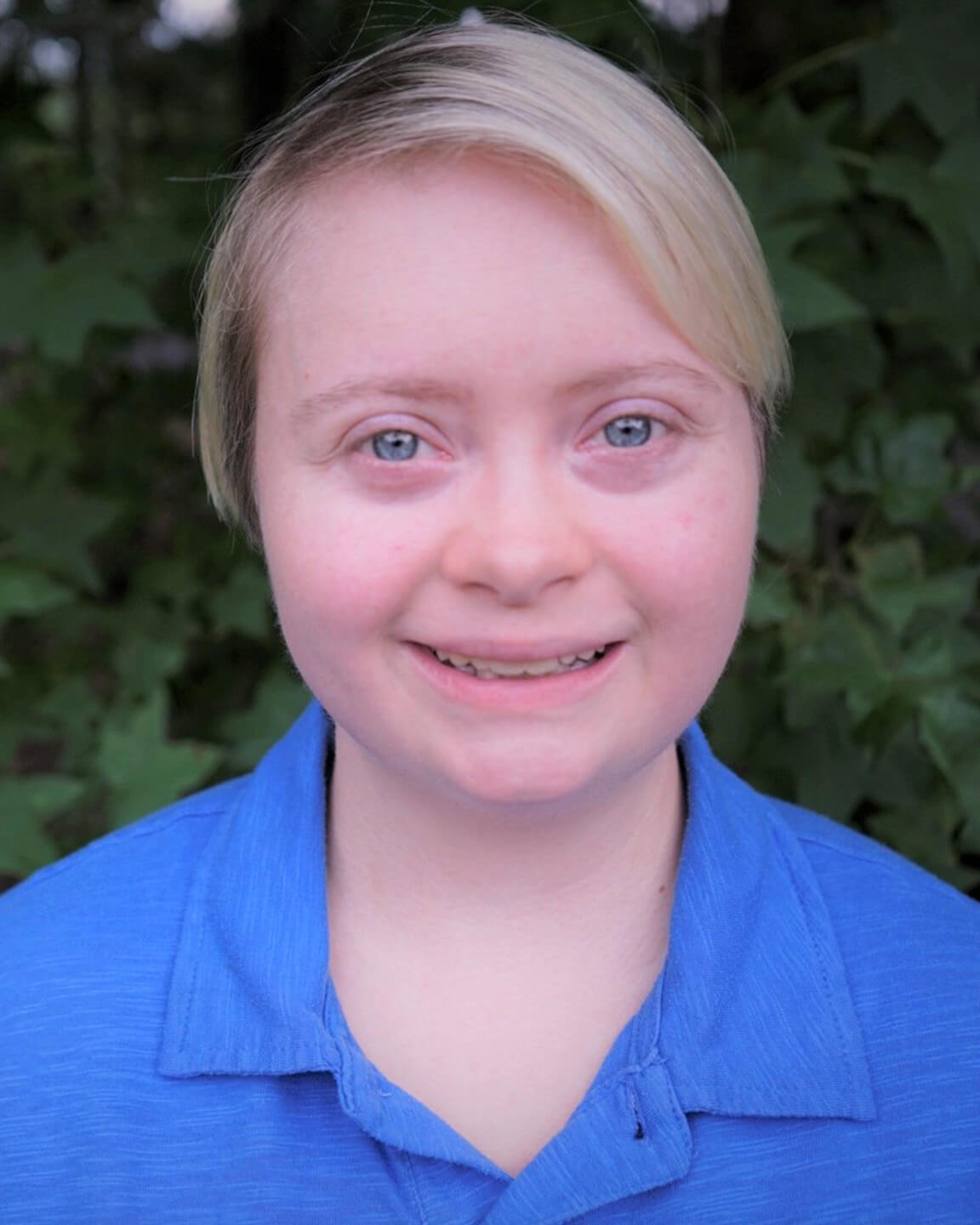I am a woman with a disability that cares about women’s rights and equality for all people. A feminist, I have worked hard to support women with disabilities in schools and the workplace. I have been voting since I was 18 years old. I advocate for myself and others, and encourage others to advocate for themselves. A lot of my work is done through writing and producing podcasts and videos; but even long before the benefits of today’s technology, women with disabilities have been a very important part of the fight for human rights. I am proud to come from a long history of champions. Read more to learn about some of my heroines with disabilities.
Harriet Tubman
Harriet Tubman was a badass disabled Black woman. She was born in Maryland in March of 1822. Tubman was a powerful American abolitionist, political activist, and fighter in the Civil War. Many people may not know that she developed epilepsy and narcolepsy after she was beaten and whipped by various slave masters as a child. Tubman escaped slavery, and went back to the South as a legendary conductor of the Underground Railroad to help other enslaved people escape to their freedom. After the war, she lived in New York, where she cared for her family and for the people who lived in the area. She was very poor, because the US government didn’t pay pensions or even wages consistently to Black soldiers. Toward the end of her life, Tubman fought in the Women’s Suffrage Movement. She died in 1913, shortly after brain surgery to treat her headaches and epilepsy.
Rosa May Billinghurst
Rosa May Billinghurst was born on May 31, 1875, in Lewisham, Kent, England. She was a British suffragette who was a powerful campaigner. The press and her peers called her the “cripple suffragette” after childhood polio left her unable to walk. Billinghurst used a tricycle to get around. She was a social worker and a teacher who fought for working-class women. She was known for suffrage demonstrations that often ended in violence, and was frequently tipped off of her tricycle by the police. But, she used these times as publicity to help her cause. Billinghurst fought until the Parliament Qualification of Women Act of 1918 gave some women the right to vote. She also joined the Women’s Freedom League and was a part of the Suffragette Fellowship. She died on July 29, 1953, at a hospital in Twickenham, England, and left her body to science.
Adelaide Knight
Adelaide Knight was born with deformed thumbs and poor health in London in 1871. She used either a cane or crutches to walk, and she came from a working class family. She joined many different political parties, like the Women’s Social Political Union, Adult Suffrage Society, Communist Party of Great Britain, and the Women’s Cooperative Guild. Knight fought for equality for all people, regardless of gender, class, race, and ability, unlike some of her peers, who carried their prejudices into their suffrage work. Adelaide was known in London as the “leader of working women.” She refused to give up her work as a political activist, and was even imprisoned for six weeks. She died from a smallpox outbreak in 1902 after a short life spent fighting for human rights.
Fannie Lou Hamer
Fannie Lou Hamer was born on October 6, 1917, in Montgomery County, Mississippi. She had polio as a child and later had a physical disability. She was an activist for Civil Rights, especially against anti-Black racism, racialized gender violence faced by Black women, and poverty. She faced a lot of attacks because of her work for Civil Rights, but she registered thousands to vote anyway, and founded the Freedom Farm Cooperative. This cooperative was started with support from other organizations and entertainer/civil rights activist Harry Belafonte. The Freedom Farm Cooperative was a different approach to farming than sharecropping, which trapped Black farmers and their families into poverty in the service of white farmers. The Cooperative had affordable housing, education services, grew cash crops to fund itself, raised pigs, and grew vegetables for good nutrition. The Cooperative also supported families who lost their jobs because of their work for Civil Rights until it closed due to a lack of funding. Fannie Lou Hamer died one year later from breast cancer, in 1977.
Wilma Pearl Mankiller
Wilma Pearl Mankiller was born on November 18, 1945 in Tahlequah, Oklahoma. Wilma had lymphoma and a neuromuscular disorder. She was the first woman to be elected as chief of a major American Indian tribe. Mankiller fought for improved education, healthcare, equal pay, housing, infant mortality, and education, and the Cherokee Nation became better with her help. She led the Cherokee Nation for 10 years, and doubled the population of the sovereign nation during her time as Principal Chief. She was also involved in the Occupation of Alcatraz in 1969, demonstrating for the return of land to Indigenous Peoples. She was a strong advocate for the rights of Indigneous Peoples until she died in 2010.
Judith Heumann
Judith Heumann was born on December 18, 1947, in Philadelphia, Pennsylvania. She is an international leader in the disabled community, an activist, a Rowan Alumnus like myself, and a lifelong civil rights advocate for people with disabilities. She had polio at the age of 18 months, and she has used a wheelchair since then. Throughout her life, Heumann has fought for the inclusion of people with disabilities, from education to our right to live independently. She was a key player in the passing of IDEA, the Individuals with Disabilities Education Act, which is a law to make sure that people with disabilities get included in education. She also produced a documentary in 2019, Crip Camp, that won the Critics’ Choice Documentary Award. Today, she lives in Washington, DC, where she is continuing her work for people with disabilities.
There is much to say about women with disabilities and their role in history and a lot to appreciate about the impact they have had on countless lives. We wouldn’t be where we are today without them, and I am proud and honored to continue the work that they started.








.png)
.png)
.jpg)
.jpeg)
.jpg)

.jpg)
.jpg)

